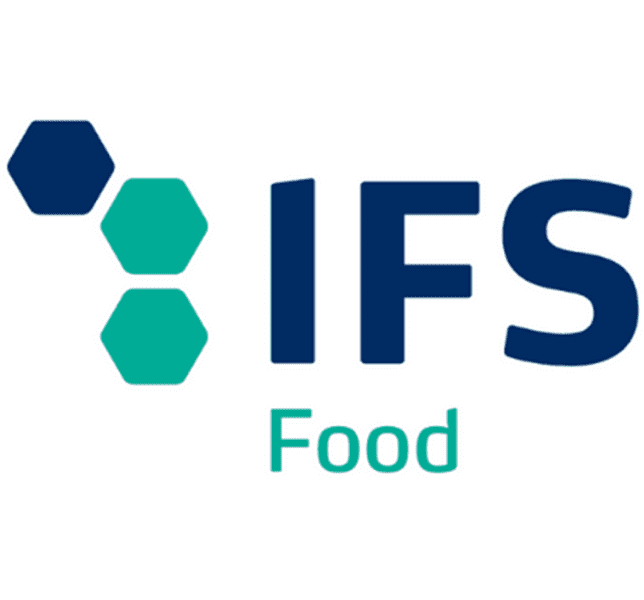
The IFS Food Certification (International Featured Standards Food Certification) is a globally recognized standard for auditing food manufacturers and is used to assess their ability to produce safe, quality products in accordance with legal requirements and customer specifications.
Key Points about IFS Food Certification:
- Focus on Food Safety and Quality: IFS Food Certification ensures that food manufacturers adhere to high standards of food safety and quality management.
- GFSI Recognition: IFS Food is recognized by the Global Food Safety Initiative (GFSI), which means it is accepted by major retailers and food companies around the world.
- Comprehensive Auditing: The standard covers a wide range of aspects, including quality management systems, resource management, planning and production processes, measurements, analyses, and improvements.
- Continuous Improvement: IFS Food emphasizes ongoing improvement in food safety and quality practices through systematic reviews and updates.
- Risk-Based Approach: The certification process involves a detailed risk assessment to identify and control food safety hazards throughout the production process.
Benefits of IFS Food Certification:
- Market Access: Certification helps food manufacturers gain access to global markets and meet the requirements of international retailers and food businesses.
- Enhanced Food Safety and Quality: Ensures the implementation of best practices for food safety and quality management, reducing the risk of product recalls and foodborne illnesses.
- Customer Confidence: Increases trust and confidence among consumers and business partners regarding the safety and quality of products.
- Regulatory Compliance: Assists organizations in complying with national and international food safety regulations and standards.
- Operational Efficiency: Promotes a systematic approach to managing food safety and quality, leading to improved operational efficiency and reduced waste.
Implementation Steps:
- Gap Analysis: Conduct a gap analysis to compare current practices with IFS Food requirements.
- Develop and Document: Develop and document the necessary food safety and quality management systems, including procedures, policies, and controls.
- Training: Train employees on IFS Food requirements and best practices for food safety and quality management.
- Internal Audit: Perform internal audits to ensure compliance with IFS Food standards.
- Certification Audit: Undergo an audit by an accredited certification body to achieve IFS Food Certification.
- Continuous Improvement: Maintain and continually improve the food safety and quality management system through regular monitoring, reviews, and updates.
IFS Food Certification is an essential tool for food manufacturers looking to demonstrate their commitment to food safety and quality, enhance their competitive edge, and meet the expectations of global markets and customers.

